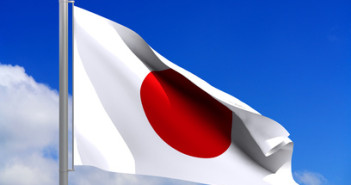The once in a generation shift in the yen has really happened: the weakening of the Japanese yen worsened after the elections: not only did Shinzo Abe’s LDP party win an absolute majority, but he also commands a two thirds majority together with a coalition partner.
In addition, the new government has not retreated on election promises and continued to verbally battle the yen. The BOJ joined in with more QE in its first post-election decision. During January, the BOJ will make another decision, the first after the new government took office.
* This article is part of the January 2013 monthly forex report. You can download the full report by joining the newsletter in the form below.
Abe left the head of the BOJ two options: either get 2% inflation or be replaced when his term ends. Recent musings from the BOJ already show that the central bank is willing to comply. The government not only wants a higher inflation target, but also wishes to achieve it: the current 1% target was not achieved, to say the least.
Deflation is still very present in Japan, even though the economy is not always doing so badly: the Tokyo Core CPI dropped by 0.5%.
After the stratospheric leap of USD/JPY and the general collapse of the yen, many are asking: when will this stop? The current drop in the yen helps exporters and boosts the Japanese stock exchange. So far, Japanese bonds yields have remained at low levels.
The danger is that money will shift from bonds to stocks, raising the bond yields. Japan has a debt worth 235% of GDP – far worse than Greece. A quarter of the budget currently goes to pay this debt, which is mostly held in domestic hands (contrary to most nations).
Japan has an aging population, and pension funds need to sell bonds in order to pay pensions. Together with shifting energy consumption and rising stocks, bond yields could be sold off and make Japan’s refunding more problematic.
Apart from the all-important BOJ meeting on January 22nd, it is worth following the current account release: after a historic current account deficit in September, Japan returned to a surplus. Another deficit could be very worrying.
